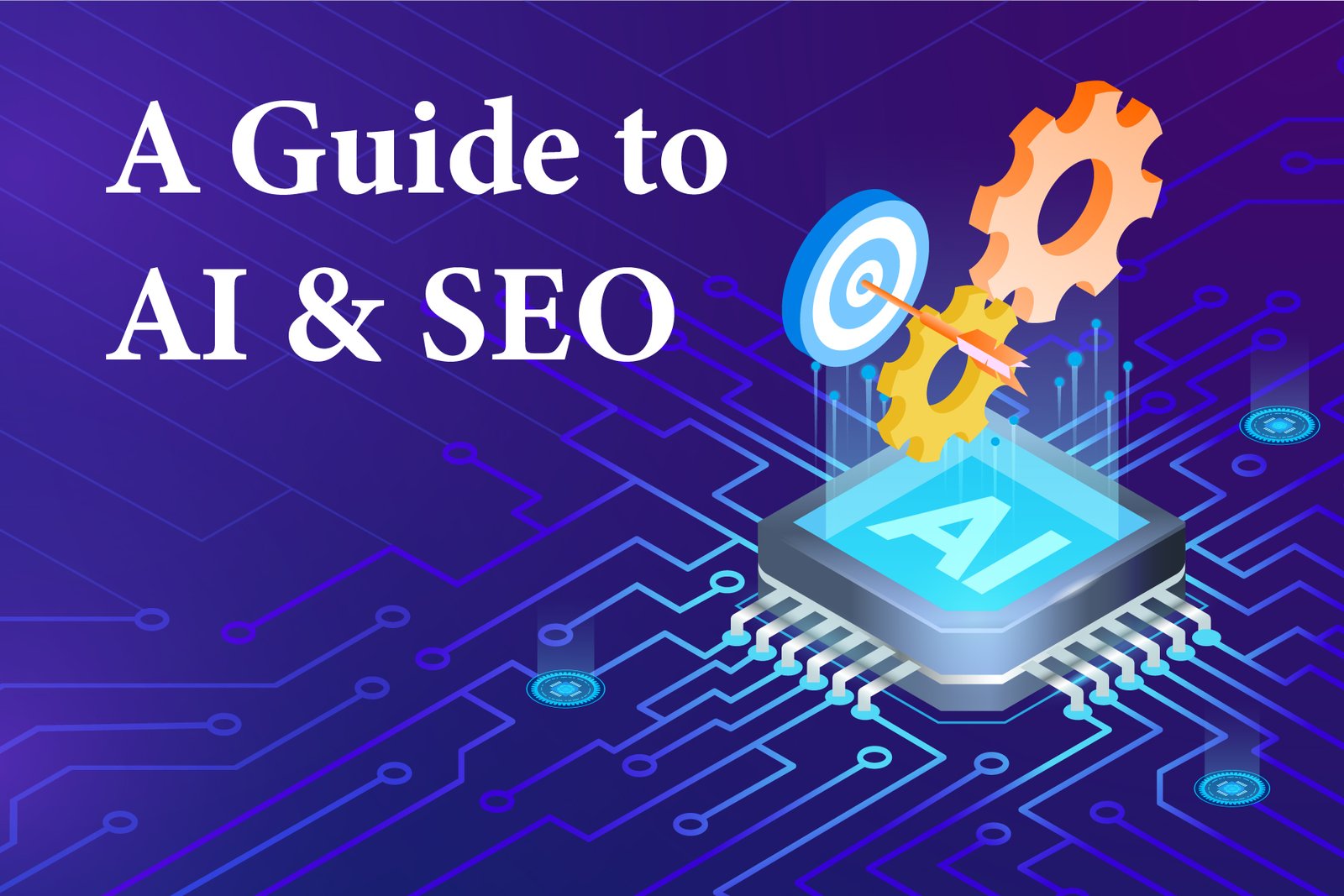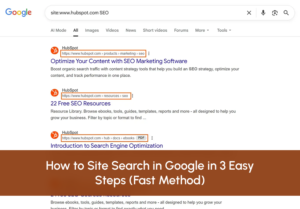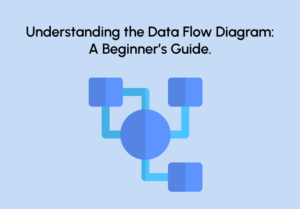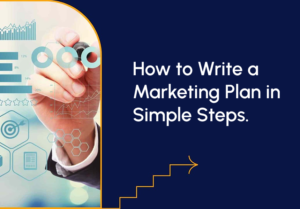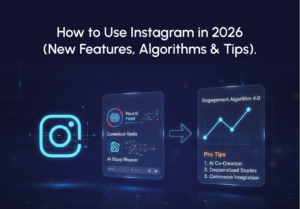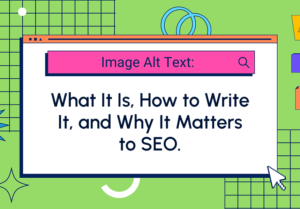Nowadays, people are using the search bar more, and businesses want to appear on the first page. At the same time, AI is rapidly growing. AI for SEO utilizes artificial intelligence to enhance website visibility by automating tasks, providing data, and employing strategies that align with user intent. However, these two together make the future of SEO AI. By learning how AI and SEO work together to save your time, improve your content, and bring traffic, you can benefit no matter which field you belong to, whether you own a website, work in digital marketing, or run a small business.
What Does SEO AI Mean?
SEO AI refers to the use of AI tools for SEO tasks. It aims to improve website ranking in both traditional and AI-powered searches. With AI for SEO, you can improve and speed up SEO processes, including finding keywords, writing content, analyzing competitors, making backlinks, and others.
Why AI and SEO Work So Well Together
AI and SEO connect naturally because:
- Search engines use AI. Google itself runs on AI. It reads content, understands intent, and ranks pages with intelligent systems.
- AI learns patterns. It can read millions of data points in seconds. This means you get insights faster than any human could.
- SEO needs speed. Trends change daily. AI helps you stay ahead without compromising quality.
Instead of fearing AI, savvy marketers are learning how to utilize AI for SEO to accelerate growth.
The Human Side of AI in SEO
Here’s something fresh: AI should not replace humans. It should support human creativity.
A common mistake is letting machines write everything. The result? Robotic blogs, dull tone, and no connection with readers. Search engines notice this, too.
The real magic lies in combining human emotion with AI’s data power. You stay authentic while AI handles the heavy lifting.
For example:
- AI finds trending keywords.
- You, the writer, add personal stories, simple examples, and human flow.
- This mix makes content rank and still feel alive.
How to Use AI for SEO (Step by Step)
Let’s make it practical. Here’s a simple roadmap for using SEO AI tools:
1. Keyword Research with AI
AI tools can scan thousands of keywords, showing you which ones people search most. Instead of hours of manual work, you get instant lists.
Sometimes, the best keywords are long-tail and human-friendly, not just the top searches, so be sure to check your keywords twice, even when using AI.
2. Writing SEO Content
The best AI writers for SEO can give you drafts. But never publish as-is. Rewrite, add stories, and remove unnecessary content. Readers want flow, not filler.
3. On-Page Optimization
AI can suggest meta descriptions, headings, and internal links to enhance the user experience. For example, if you offer SEO services Toronto, AI can help you determine where to place it without keyword stuffing.
4. Competitor Analysis
AI tools compare your site with others in your niche. You can see gaps, strengths, and new ideas to try.
5. Analytics and Tracking
AI doesn’t just write—it listens. It can track traffic, click-through rates, and bounce rates, then tell you what to fix.
Best AI Writer for SEO—What to Look For
With so many tools out there, how do you know which is the best AI writer for SEO?
Look for these features:
- Natural language output (not robotic).
- Built-in keyword optimization.
- Ability to suggest headings and structure.
- Option to adjust tone.
- Easy editing for a human touch.
- The best AI writer for SEO is one that helps you write smarter, not one that can write more.
The Rise of SEO AI Tools
Today, there are AI tools for every step:
- Keyword finders.
- Content writers.
- SEO auditors.
- Link-building assistants.
The rise of SEO AI tools shows one thing: the market is moving toward speed and scale. But here’s a thought you won’t find on many blogs—over-reliance is dangerous.
If everyone uses the same AI tool, results start to look the same. To stand out, you must add originality. This is where human creativity wins.
Balancing AI and Human Creativity
Let’s pause for a human note. SEO is not just about numbers. It’s about connection.
Imagine you search for “best pizza in Toronto.” Do you want to read a generic AI-written block of text? Or a local owner’s story about their family recipe, with honest photos and customer reviews? That’s the difference. AI can guide, but humans must add heart.
Fresh Tips for Using AI in SEO Without Losing Authenticity
Here’s a fresh take: how to stay unique while using AI.
- Use AI not as a final word, but rather as a fast friend for brainstorming.
- Add your stories. Share personal examples, customer wins, or lessons learned.
- Mix formats. Add FAQs, checklists, or quick tips that AI doesn’t always suggest.
- Keep the tone simple. Don’t let AI add jargon. Keep your blog readable for grades 4–5.
- Update often. AI tools may use old data. Constantly refresh with the latest insights.
AI and Local SEO
One area where AI shines is local search.
If you’re a small business, like someone offering SEO services, AI tools can:
- Suggest local keywords.
- Track what local competitors rank for.
- Help build content around city-specific trends.
This is powerful because local SEO often decides which shop a customer visits.
The Future of AI and SEO
Where is this heading? A few trends to watch:
- Voice search. More people ask Siri or Alexa instead of typing. AI tools can optimize content for these natural questions.
- Visual search. People upload photos to search. SEO will also need to cover images.
- Personalized search. Google may show results based on your habits, not just keywords.
AI will be at the center of all this. But again, it’s the human touch that will keep content alive.
Common Mistakes to Avoid with SEO AI
Many marketers rush into AI. Here are mistakes to avoid:
- Publishing AI text without editing.
- Forgetting user intent. (Ranking is good, but serving readers is better.)
- Stuffing keywords in awkward spots.
- Ignoring creativity.
Search engines reward clarity, honesty, and value—not just speed.
Conclusion
AI is not a human replacement or here to steal jobs; it is here to help humans work smarter. You must utilize SEO AI in the right way, much like a partnership. Furthermore, AI can handle data, patterns, and speed; on the other hand, humans handle creativity, stories, and customers’ trust. So, no matter who you are or which field you work in, explore how SEO grows with AI. And remember, the best content is that which feels like a human, even if AI can help.
Frequently Asked Questions (FAQ’s)
How to use AI to rank higher on Google?
Answer the questions clearly, focus on real online searches people use, and create helpful content using headings, bullet points, and FAQs.
What are SEO backlinks?
It is an incoming link from another website to your own and serves as a signal to search engines, boosting your ranking.
How to rank high in AI searches?
Ensure your content covers all aspects of the topic and provides answers that satisfy customers or users.
How many backlinks do I need to achieve a high ranking?
There is no fixed number of backlinks you need; it depends on your industry, niche, competitor, and keyword difficulty.
Can free SEO tools improve my ranking?
Yes, free tools improve your ranking, including Semrush, Ahrefs, Moz, and PowerSuite.

